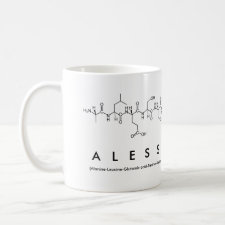
Authors: Bossi A, Andreoli M, Bonini F, Piletsky S
Article Title: ''Gate effect'' in templated polyacrylamide membranes influences the electrotransport of proteins and finds applications in proteome analysis.
Publication date: 2007
Journal: Analytical and Bioanalytical Chemistry
Volume: 389
Issue: (2)
Page numbers: 447-454.
DOI: 10.1007/s00216-007-1258-3
Abstract: Templating is an effective way for the structural modifications of a material and hence for altering its functional properties. Here protein imprinting was exploited to alter polymeric polyacrylamide (PAA) membranes. The sieving properties and selection abilities of the material formed were evaluated by studying the electrically driven transport of various proteins across templated PAA membranes. The sieving properties correlated with the templating process and depended on the quantity of template used during the polymerisation. For 1 mg/mL protein-templated membranes a "gate effect" was shown, which induced a preferential migration of the template and of similar-size proteins. Such template preferential electrotransport was exploited for the selective removal of certain proteins in biological fluids prior to proteome analysis (depletion of albumin from human serum); the efficiency of the removal was demonstrated by analysing the serum proteome by two-dimensional electrophoresis experiments
Template and target information: protein, human serum albumin, HSA
Author keywords: Molecularly imprinted polymers, Polyacrylamide membranes, Electrotransport, Human serum albumin depletion, Proteome



Join the Society for Molecular Imprinting

New items RSS feed
Sign-up for e-mail updates:
Choose between receiving an occasional newsletter or more frequent e-mail alerts.
Click here to go to the sign-up page.
Is your name elemental or peptidic? Enter your name and find out by clicking either of the buttons below!
Other products you may like:
 MIPdatabase
MIPdatabase









